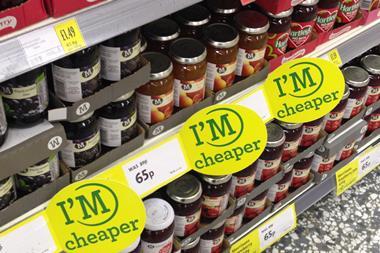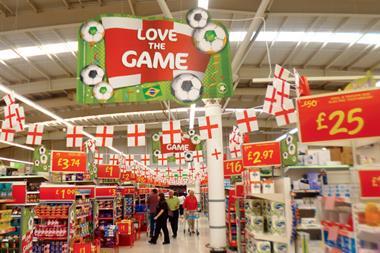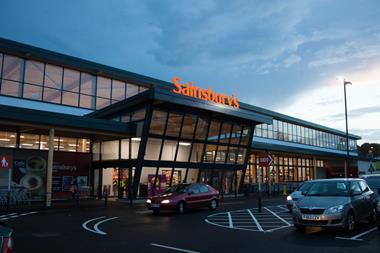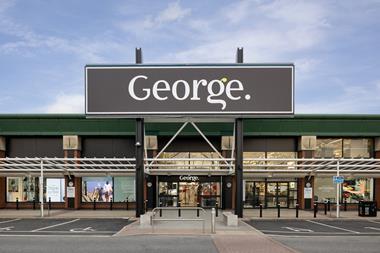The grocery market suffered a second consecutive period of year-on-year decline in the four weeks to June 21.
Sales by value slipped 0.6% in the period while sales volume dropped 1.8%, despite the World Cup falling in the period, according to Nielsen data.
“Supermarket hopes were heavily pinned on a strong World Cup for England and a good summer to kick-start sales,” said Nielsen’s UK head of retailer and business insight Mike Watkins.
“Although the good weather played its part, and sales increased 1.9% in the opening week of the month-long tournament, the national team’s confirmed exit after just eight days was a blow to stimulating sales. Despite the +12% sales growth in beers, lagers and ciders over the four-week period, it wasn’t enough to help drive purchasing in other categories or to help lift overall supermarket sales.”
The research found that the shift to the discounters continued in the period.
In the 12 weeks to June 21, Aldi and Lidl continued to outperform the market with sales increases of 32% and 24%, respectively. Along with Waitrose and M&S, these four collectively added 2.2% market share over the last 12 weeks.
The German discounters growth has been propelled by increased advertising spend. Aldi spent 14% more than it did last year in the four-week period.
Among the big four Asda again had the strongest sales growth, up 3.5% in the 12-week period. Sainsbury’s sales were up 2%, while Tesco’s fell by 2.5% and Morrisons’ by 5.2%.
Watkins added: “Although Morrisons had the most disappointing figures of the big four over the 12-week period, they were successful in attracting new shoppers in the last four weeks which suggests an opportunity to secure repeat visits and bigger basket spends over the next few months.”


























No comments yet